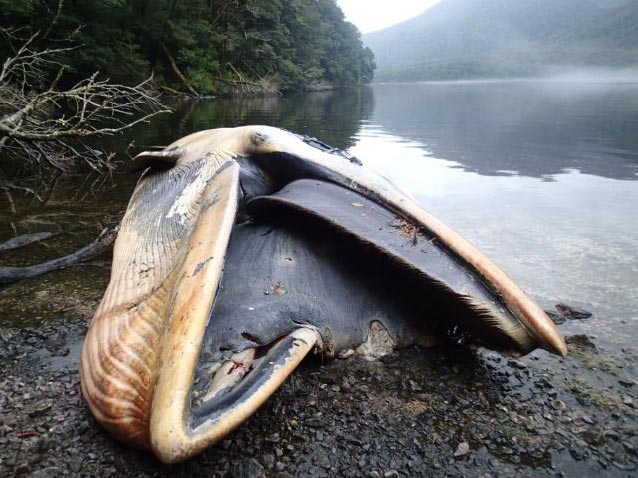337 whales wash ashore on Chilean coast in one of the largest mass strandings ever
Scientists counted 305 bodies and 32 skeletons

Your support helps us to tell the story
From reproductive rights to climate change to Big Tech, The Independent is on the ground when the story is developing. Whether it's investigating the financials of Elon Musk's pro-Trump PAC or producing our latest documentary, 'The A Word', which shines a light on the American women fighting for reproductive rights, we know how important it is to parse out the facts from the messaging.
At such a critical moment in US history, we need reporters on the ground. Your donation allows us to keep sending journalists to speak to both sides of the story.
The Independent is trusted by Americans across the entire political spectrum. And unlike many other quality news outlets, we choose not to lock Americans out of our reporting and analysis with paywalls. We believe quality journalism should be available to everyone, paid for by those who can afford it.
Your support makes all the difference.More than 300 dead sei whales have been found washed up on a coast in southern Chile.
Scientists say the discovery of the 337 beached whales is one of the biggest strandings ever recorded.
Using aerial and satellite photography, biologist Vreni Haussermann and other scientists counted 305 bodies and 32 skeletons in the area between the Gulf of Penas and Puerto Natales in June.
Ms Haussermann told AFP it was “an apocalyptic sight”, adding that she expected to find more dead whales as the team had not yet reached every area.
Although human intervention has been ruled out, the cause behind the whales’ death still remains unknown. National Geographic reported previously that the Chilean government had launched an investigation because whales are protected species.
Carolina Simon Gutstein, a palaeontologist at the University of Chile, said: “They probably died at sea, we don’t know exactly where, but they didn’t just die by stranding.” She added that sei whales were not usually seen gathering in large groups.
According to the WWF, the sei whale is one of the fastest and can reach speeds of up to 30 miles per hour.
Since the discovery was made, scientists have been collecting samples, with their conclusions due to be published by a scientific journal later this year.
It is believed that finding the dead whales could help develop protection policies and even create a sanctuary in the Gulf of Penas.
Additional reporting by AP
Join our commenting forum
Join thought-provoking conversations, follow other Independent readers and see their replies
0Comments